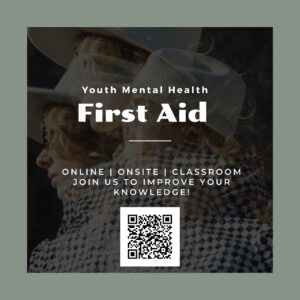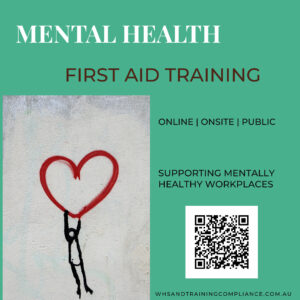The concept of mental health disorder refers to disturbances in cognitive function, emotional regulation, or behavior that are clinically significant. Most people who suffer from mental health disorder are experiencing distress or impairment in a number of important areas of their lives. Mental disorders come in a lot of different forms. The term mental health conditions can also be used to describe mental disorders. Psychosocial disabilities cover mental disorder, psychosocial impairments, and (other) mental states associated with significant distress, impairment in functioning, or self-harm.
- One out of every eight people in the world suffers from a mental disorder at some point in their life
- Mental disorders cause significant problems with thinking, emotions, or behavior
- Mental disorders come in many forms
- There are a lot of effective prevention and treatment options out there
- There aren’t enough effective care options for most people
Do you believe that some of our daily languages hold a stigma against mental illness? And we don’t even notice it. For a long time, mental health was overlooked and seen as a secondary concern due to its less tangible nature. It could be that in result, we as a community have limited vocabulary that offers a more sensitive approach to mental illness.
It’s not too late to unlearn and remould. Even we have to cleanse our systems from phrases we’ve grown accustomed using; which is why we pulled out a cheat sheet to refer to when needed:
“Bipolar person” to Describe Mental Health Disorders
By saying this, you are making bipolar a central characteristic of the person, as it defines them. It’s recommended to use terms along the lines of “mental health problem”. Mental health problem as a terminology is a broader terminology that includes diagnosed, and undiagnosed illnesses. At the end of the day, only psychologist, psychiatrists can diagnose mental illnesses. The same applies to chronic physical illnesses such as cancer, lupus, and diabetes, only medical professionals can diagnose physical illnesses.
“Going crazy, mental, psycho” to Describe Mental Health Disorders
These are words we hear regularly thrown around, so it’s easy to mistake them as harmless descriptions of mental health disorder. Instead of keeping these on the top shelf of your vocabulary, consider switching them for “unusual”, “atypical”, or “behaviours that don’t seem like something the person would do”.
“Mentally retarded” to Describe Mental Health Disorders
This is all over diss raps and mean girl films, but it doesn’t make it any more acceptable nor appropriate. Intellectual disability is more like it. Others would use neurodevelopmental disability. Don’t be afraid to use scientific terms. It’s better to sound snobby than to contribute to stigma.
“Committed suicide” to Describe Mental Health Crisis
There are a lot of contentions surrounding this phrase as suicide, for a time has been likened to crimes that are committed when it’s quite the contrary. Suicide is a result of overwhelming feelings of pain and hopelessness; one of the many emotional consequences of a mental disorder (e.g. depression, bipolar, PTSD). People are not to be blamed for their demise as they are overcome with something outside their control. A better way to put is by saying “died by suicide” or “killed themselves”.
As a rule of thumb, be careful of the labels you use or associate with someone living with a mental health disprder. If they have not visited a mental health expert for what they are experiencing, do not try and help them diagnose themselves with any resource you find on the internet. Instead validate importance of seeing their medical practitioner for any assistance. Remember, we all experience mental health problem differently.
Also, just because you know someone with similar symptoms, doesn’t mean they have similar conditions. Limit the assistance you offer to validating their feelings, staying by their sides, and encouraging professional help. You’ll learn more of the these in their right order when you join us for a Standard Mental Health First Aid Training.
Our Standard MHFA is an immediate care course anchored on bringing individuals suffering from mental health crises to safety. It is a 12-hour training that covers awareness on mental health problems in the community, way to de-stigmatize mental illness, recognising the early warning signs of mental health crises and more.
Visit to Mental Health First Aid training learn more or call 07 5499 2406 to book your first lesson. We also offer CALM Care Suicide Awareness Training















